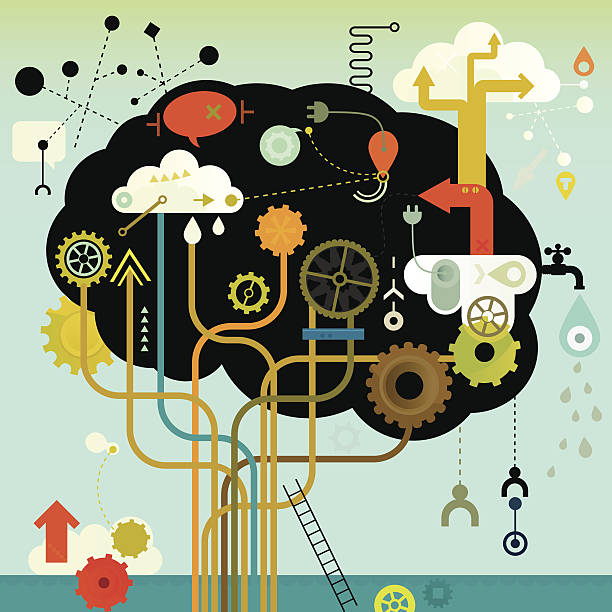As we enter the second decade of the 21st century, routine tasks are now to a large extent performed by computers. This poses the question of whether the ever-expanding automation will result in job destruction or creation?
Research shows that although some jobs will be lost due to computerisation, the employment sector will adjust and open entirely new possibilities for future employees. However, this new market will also have very different demands. Various reports show that more than ever our uniquely human abilities and skills will be the ones sought after by the employers.
Employers in the US and UK are already looking for people who can offer originality and fluency of ideas. The OECD Future of Education and skills 2030 report suggests that it is the human capacity for creativity, cognitive, lifelong learning, as well as social and emotional skills, that will become of essential value.
With the growth of globalization, automation, social diversity, as well as income uncertainty, having the right skill-set becomes ever more important. Jobs of the future will require us to apply what we know to perform complex tasks to solve problems, make decisions, and come up with new ideas. The new desirable skills are reasoning, complex problem solving, systems analysis, judgement and decision making, social perceptiveness, and the ability to instruct.
There is also a requirement for personal adaptation. In the rapidly changing market, we need to be prepared to be flexible and willing to acquire new skills continuously throughout our life. The OECD Future of Education and skills 2030 report draws attention to the growing importance of social and emotional skills, finding them as important as cognitive ones. While the markets continue to change, future employees must be able to approach this change with emotional stability, perseverance, efficacy, and responsibility. In the coming years, human qualities such as empathy, self-awareness, and respect for others will grow in value. The increasingly diverse societies and workplaces will need people with outstanding communication skills and intercultural competence.
A degree in humanities offers a variety of career paths to choose from and can include jobs in the fields of arts, journalism, editing, social work, human resources, public relations, communications, advertising, psychology and marketing. Any major that has a connection with human relationships is always one with a lot of career options, including some of the most interesting and coveted jobs in the market. It all depends on your interests, but no matter what you choose, a degree in Humanities and/or Social Sciences will cultivate your creativity, strengthen your communication skills, and develop your problem-solving and critical thinking skills – which are exactly the skills you need for the future.
Dr Martyna Elerian
R&D in Education
AHE Tutor
References:
- The Future of Skills: Trends impacting on UK employment in 2030 available at: the_future_of_skills_uk.pdf (nesta.org.uk)
- OECD The Future of Education and Skills 2030 available at: OECD Future of Education and Skills 2030 - Organisation for Economic Co-operation and Development

